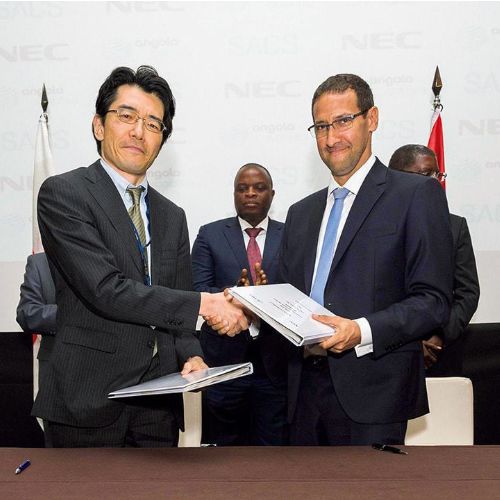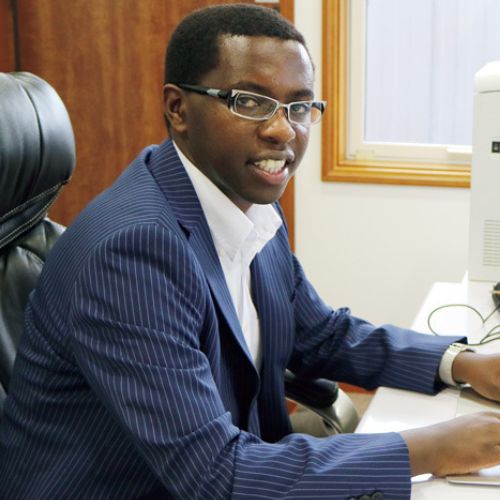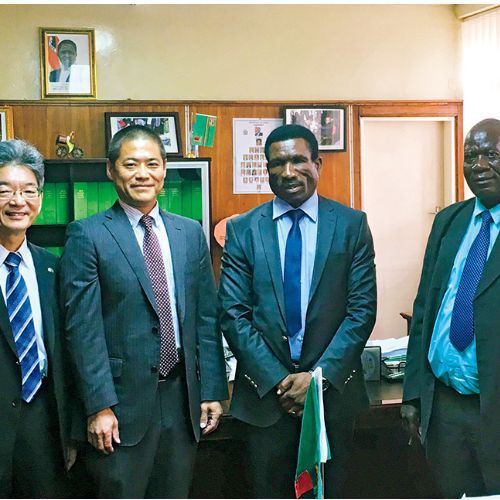The Tokyo International Conference on African Development (TICAD), a multilateral forum for high-level policy dialogue between leaders and development partners, providing African ownership and international partnerships
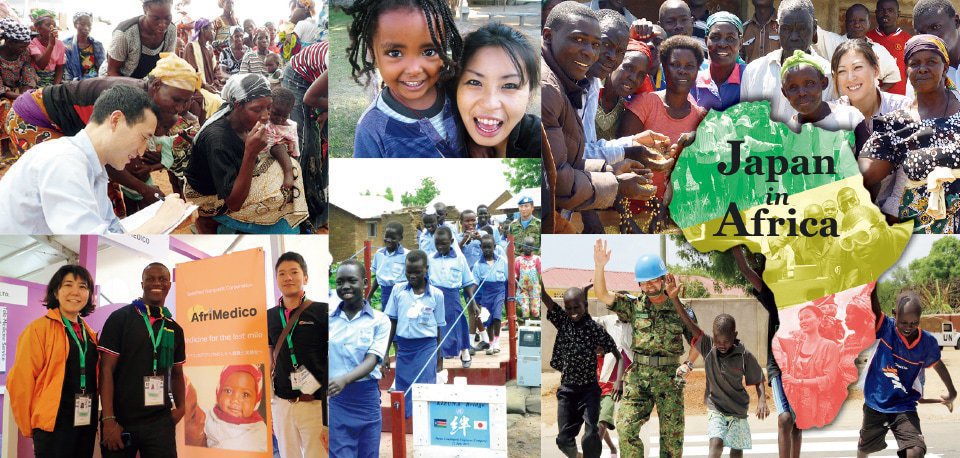
After the Cold War, international support for African development was waning, so Japan launched TICAD to address the challenges the continent faced. Among these challenges were poverty alleviation, human resource development, and economic growth.
Co-organizers for TICAD include some heavy hitters, among them international development organizations such as the World Bank and United Nations institutions. More recently, the African Union Commission is participating as an organizer as well. Such an open, diverse mixture of multi-stakeholders is unique to TICAD.
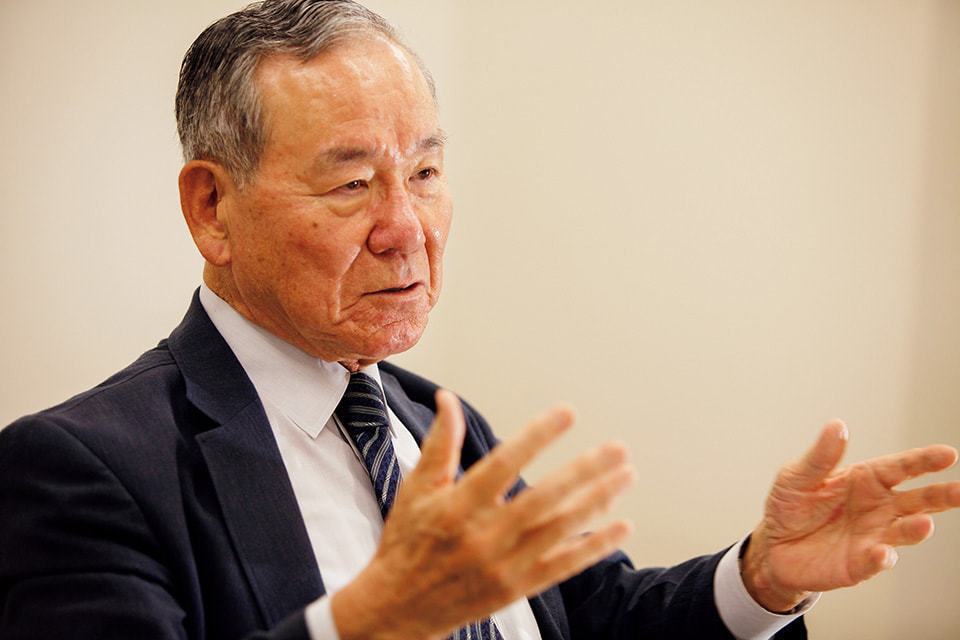
Kenzo Oshima is Managing Director of the Africa Society of Japan and former Permanent Representative of Japan to the United Nations as well as Under-Secretary-General for Humanitarian Affairs and Emergency Relief Coordinator.
“TICAD pioneers new territory, uniting Africa with countries and regions from the EU and the Americas to China, Korea, and India to participate in high-level, bilateral dialogue forums with Africa for the benefit of the continent,” says Kenzo Oshima, Managing Director of the Africa Society of Japan.
As the conference has evolved, its focus has shifted from assistance to private sector-led activities, such as trade and investment—adapting to Africa’s ever-changing needs. Traditional government-based assistance to relieve poverty such as Official Development Assistance (ODA) remains important as a base of economic development. However, for sustainable development, society needs job creation and economic growth, and for that to happen, private sector investment is imperative.
TICAD VI, held in Nairobi, Kenya, in 2016, attracted 200 private companies from Japan and led to the establishment of the Japan-Africa Public-Private Economic Forum. This new mechanism is expected to promote cooperation between the public sector and private enterprises and helps drive commercial enterprise, investment, and trade in Africa.
In international development cooperation including for Africa, Japan has laid emphasis on nurturing self-reliance and on the dual principles of African ownership and international partnership. Human resources development accompanied by skills transfer is an important facet of this policy.
Looking ahead, it is hoped that Asia-Africa partnerships, as well as programs to promote “south-south” and “triangular” cooperation will be strengthened.
We are now ready for serious business.
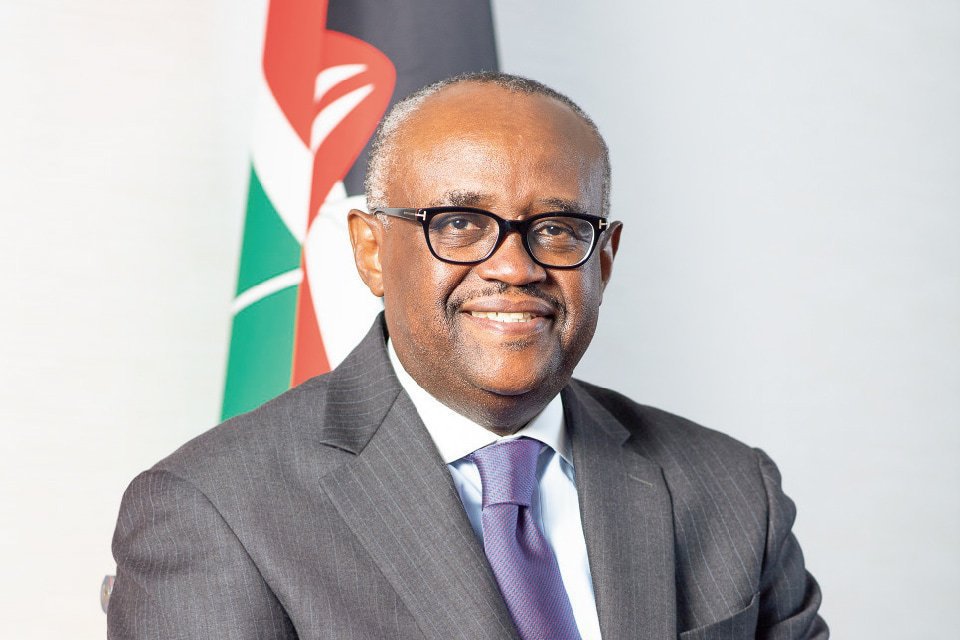
S.K. Maina
Ambassador of the Republic of Kenya in Japan
A quarter-century after TICAD I convened in Tokyo in 1993, this ground-breaking forum for Africa-Japan dialogue on development reached a major turning point with TICAD VI in Nairobi in 2016. Japanese Prime Minister Shinzo Abe headed a huge Japanese delegation to Kenya's capital for the first TICAD held on African soil. Yet while no one would deny the powerful symbolism, Ambassador of the Republic of Kenya in Japan S.K. Maina likes to also recall an earlier milestone. “The defining moment for TICAD,” says the Ambassador, “was TICAD V in Yokohama, Japan, where the leaders first said that we need to involve the private sector and move TICAD to Africa....It has changed TICAD's whole perspective.”
There can be little doubt that previous TICAD forums have had a significant impact on African development. Since that first 1993 dialogue, transportation corridors have been built, ports modernized, education and public health improved. However, with many early TICAD goals being achieved, African participants increasingly feel the need to shift attention to Africa's competitiveness in global markets. “Japan mooted the TICAD process...when African countries were going through very difficult times,” says Ambassador Maina. Now, however, the World Bank is forecasting 6.17% per annum GDP growth for Kenya, while Africa's population is expected to reach 2 billion by 2050.
TICAD participants clearly are focused on new dynamics. TICAD VI, for instance, held discussions on universal health care, social stability, and terrorism and radicalization. “Africa has moved very fast,” says the Ambassador, “and so we are saying, we are now ready for serious business...we have now reached the level of ‘partnership.’”
From building railways and hospitals to debating global market access for African agricultural exports and boosting hi-tech startups, the issues facing TICAD 7 delegates in Yokohama next year will be very different from those their 1993 predecessors confronted. Prime Minister Abe's “Free and Open Indo-Pacific Strategy” plan unveiled in Nairobi adresses issues facing this new world order. “Kenya is a firm believer in rules-based international systems,” says the Ambassador, “we all have to trade among ourselves. If we don't, we all will suffer.”
Adding efficiency to partnering with Africa: TICAD
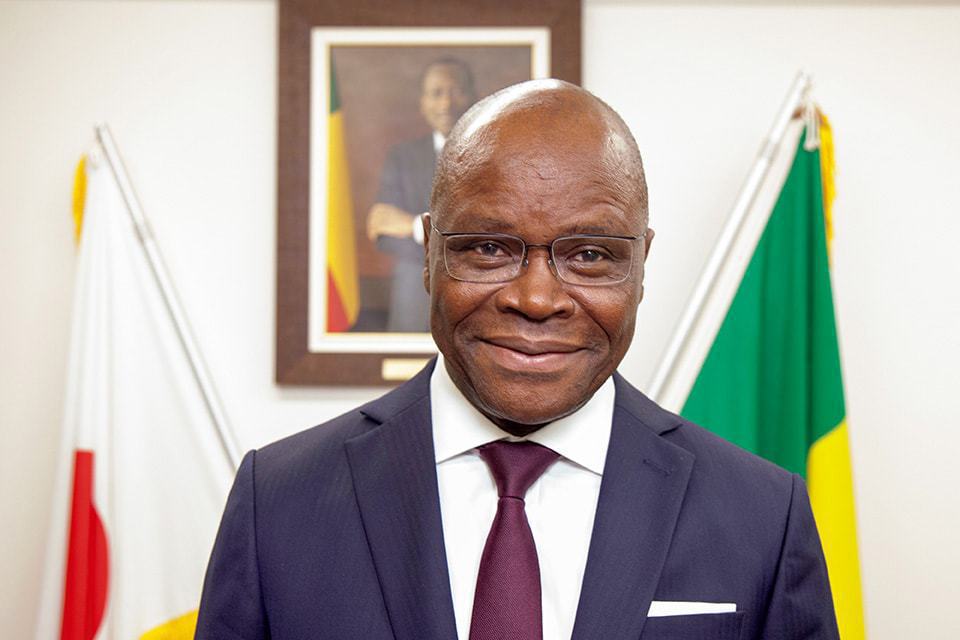
Aurélien Agbénonci
The Minister of Foreign Affairs and Cooperation of the Republic of Benin
The objective of TICAD is to develop multilateral partnerships for Africa to tackle a wide array of challenges, extending beyond unidirectional support. Instead, it strives to provide the tools that lead to socioeconomic development, security, and peace through long-term partnerships. TICAD VI, held in Nairobi, Kenya, exemplified this mission.
Lively and structured conversations between Africa, Japan, and other stakeholders made more powerful relationships possible. The Republic of Benin brought up the point that we consider human security, health, and economic growth to be the three pillars of improving life in Africa, and everyone agreed that the path for the improvement is financial strength.
Establishing economic zones, eliminating corruption, and maintaining working environments is expected to drive private-sector investment, and TICAD is designing the framework to build new partnerships and strengthen existing ones for the development of Africa.


























